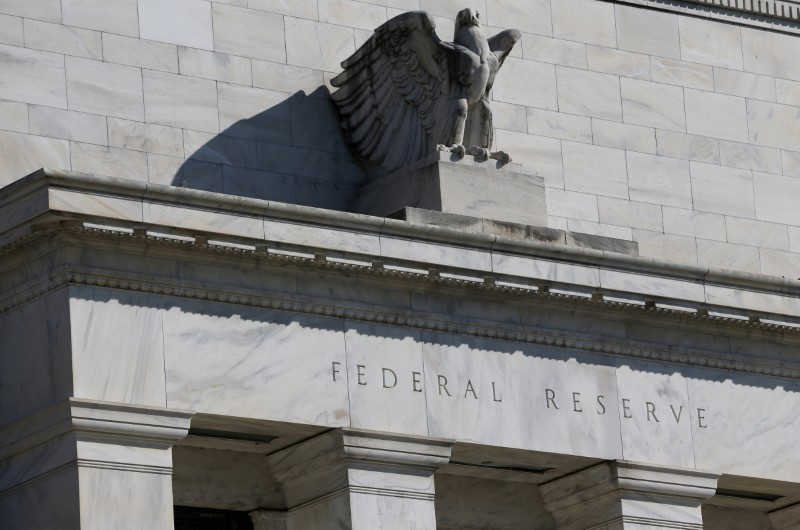This post was originally published on this site
https://i-invdn-com.akamaized.net/trkd-images/LYNXMPEG2Q28U_L.jpg
NEW YORK (Reuters) – U.S. companies raised a record $109.1 billion through investment-grade bond sales this week, as corporate America hoarded cash following measures unveiled on Monday by the Federal Reserve to backstop the market for high-quality debt.
Nike Inc (N:NKE), McDonald’s Corp (N:MCD) and Home Depot Inc (N:HD) were among 49 companies that borrowed money through investment-grade bonds this week, according to IFR Refinitiv data. They beat the previous weekly record of $73.5 billion in new issues that was set in September 2019.
“It is a desire on the part of companies to build liquidity in an uncertain time. You combine that with the fact that markets have been so volatile, when they open up companies want to take advantage,” said Andrew Karp, head of global investment grade capital markets at Bank Of America Securities, which worked on many of this week’s deals.
The bond issuance frenzy came after the U.S. Federal Reserve on Monday rolled out an unprecedented series of measures to support an economy reeling from sweeping restrictions on commerce to slow the coronavirus pandemic.
The actions included a plan for the Federal Reserve to act as a buyer of last resort in the investment-grade bond market. A stimulus bill that passed into law on Friday would allow the U.S. Treasury to backstop trillion of dollars worth of lending to businesses using the Federal Reserve’s balance sheet.
“The Federal Reserve action was a big deal. That sent a very powerful message to investors that the Federal Reserve is there to make sure that the market is functioning properly at a minimum. It gave a lot of investors confidence to come back into the market,” said Karp.
Still, the record bond issuance came at a cost. The investment-grade bond index soared to a roughly 350 basis point spread over U.S. Treasuries, compared to a low of 100 basis points, as borrowing cost even for the most credit-worthy companies soared, according to Karp.
While the investment-grade bond market is booming, there has been no new issuance of junk-rated bonds by U.S. companies since March 4, the longest lull since the 2008 financial crisis. This is because risk-averse investors are seeking to park their money with high-quality credit assets amid the market turmoil.

